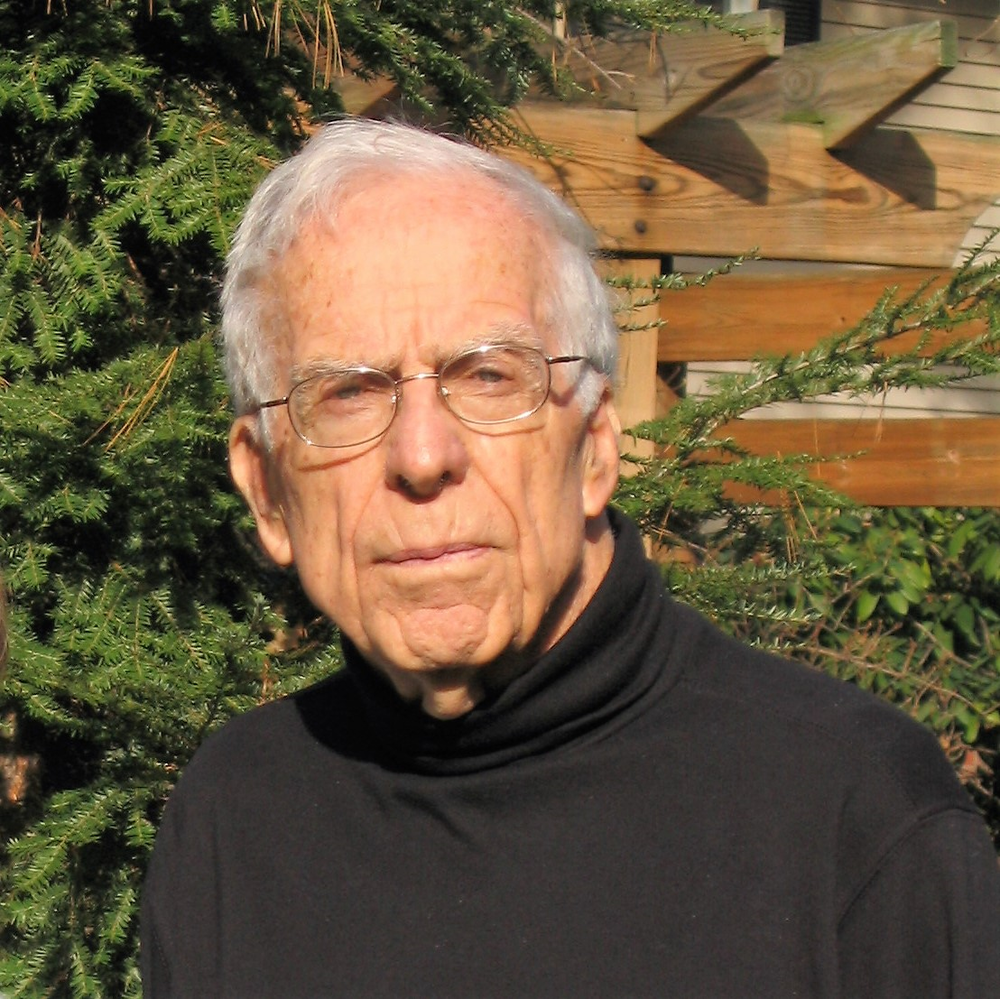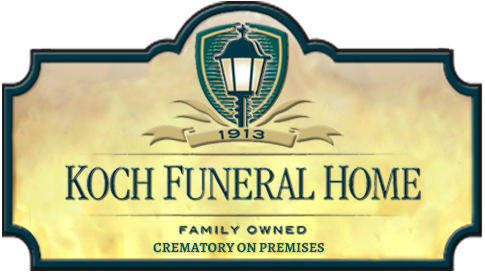
Obituary
Obituary of Paul H. Rigby
Paul Herbert Rigby (1924-2017): A Life Well Lived
In May 1924, John Rigby and his wife, Grace, six months pregnant, drove their pickup truck from Pachuca, a small Mexican mining town, about a 100 miles north of Mexico City, to another mining town, Humboldt, in northern Arizona. There, on August 6, 1924, Paul Herbert Rigby was born in a 4-bed miners clinic run by his aunt. And so began a long life in academics and public service. Paul's professional peers recognized him as a pioneer in the development of a new business research paradigm. By promoting the scientific method of observation, measurement, experimentation, and the formulation of hypotheses and models, his leadership helped to bring greater rigor to research in the nations' business schools. It transformed research to a formal discipline that seeks to understand how businesses work, and then applies new findings to real-world situations. Paul led Penn State's Smeal School of Business's effort to reach into the corporate community and develop relationships to promote funding for research and contribute data for research. He also worked to build new public institutions in State College that, to this day, make Happy Valley a better place to live - from healthcare, to the arts, to public transportation.
Three months after Paul's birth, the family returned to Pachuca, bumping over dried riverbeds as few roads existed. Paul grew up in a dangerous post-Mexican Revolution era as fighting continued into the 1920s. Paul started his education in the American expat school, but his parents pulled him out when they became dissatisfied with the teaching. From then on, Paul was homeschooled, relying on correspondence course work. When Paul was 14, the Mexican government nationalized the mines and the family returned to the U.S. to live in Biloxi, Mississippi.
After high school, Paul enrolled at the University of Texas at Austin, earning his B.S. in Business Administration. Right after graduation he was drafted into World War II and served two tours as an army corporal at Fort Chafee, Arkansas. After his discharge Paul returned to the University of Texas and earned an MBA and a PhD in business and economics in 1952. The University of Alabama hired Paul to his first academic appointment in the Bureau of Business Research and Assistant Professor of Marketing. Paul held similar positions at Georgia State University, University of Houston, and University of Missouri. While at Houston, Paul became a Fulbright Professor and, for the summer of 1960, moved his family to Mexico City where he taught at Universidad Nacional Autónoma de México. He became a prolific researcher and writer and his first book, Conceptual Foundations for Business Research, was published in 1965. Other books included Models in Business Analysis and Correspondence Instruction in the United States, the latter drawing on his childhood homeschooling.
In 1964, Penn State invited Paul to be Director of the newly formed Division of Research and a Professor of Business Administration in the College of Business. Eventually, Paul became Dean of Research and Graduate Studies. At the Smeal School he was known for his bright outlook on life, good sense of humor, his unflinching integrity, and his commitment to excellence in everything he did.
Paul was active in national professional societies as he promoted disciplined business research in academia. He served as President, Vice President and on the Executive Committee of the Association for University Business and Economic Research (AUBER). Paul also served as president for the American Assembly of Collegiate Schools of Business in 1973.
Teaching and the student experience were most important to Paul. At his retirement ceremony in 1995, he said that, in looking back over his 45-year academic career, he was most proud that he had taught at least one course each year, despite the time constraints imposed by being a dean. As a professor emeritus, Paul taught classes until he was 85 years old.
Public service was essential to Paul and his desire to strengthen the community and the arts. In 1974, he was the first chairman of the Centre Area Transit Authority (CATA). Paul also served on the Board and as president of the Centre County Community Hospital at Mountain View when it opened, and on the board for the Village at Penn State. He had a special interest in nurturing music in the community and served on the boards of The Nittany Valley Symphony Guild, The Nittany Valley Symphony, Centre Stage and Music at Penn's Woods. He was also an active member of the Unitarian Universalist Church of Centre County.
Paul died of complications from Alzheimer's on January 6, 2017. He was 92. He is survived by his wife of 62 years, Dorothy, and 2 sons, Peter and Mark. An older brother, Claude, and a daughter-in-law, Ellen Rigby, predeceased him. The family will hold a memorial service in the Spring, and asks that, in lieu of flowers, contributions in Paul's memory be made to The Nittany Valley Symphony: Nittany Valley Symphony, P.O. Box 1375, State College, PA 16804 or www.nvs.org.
Arrangements are under the care of Koch Funeral Home, State College. Online condolences and signing of the guest book may be entered at www.kochfuneralhome.com
To send flowers to the family or plant a tree in memory of Paul Rigby, please visit Tribute Store

A Memorial Tree was planted for Paul
We are deeply sorry for your loss ~ the staff at Koch Funeral Home
Services for Paul Rigby
There are no events scheduled. You can still show your support by sending flowers directly to the family, or planting a memorial tree in memory of Paul Rigby.
Visit the Tribute Store
Who We Are:
Our Mission: To compassionately serve and guide families with our experience and knowledge as they honor their loved ones.
Our Location:
Koch Funeral Home
F. Glenn Fleming, Supervisor
2401 S. Atherton Street
State College, PA 16801
(814) 237-2712
(814) 238-0482 fax
admin@kochfuneralhome.com
A branch of:
John B. Brown Funeral Home, Inc.
Douglas A. Hallinan, Supervisor
417 Washington Street
Huntingdon, PA 16652
(814) 643-1256
(814) 643-1257 fax
admin@johnbbrownfuneralhome.com





